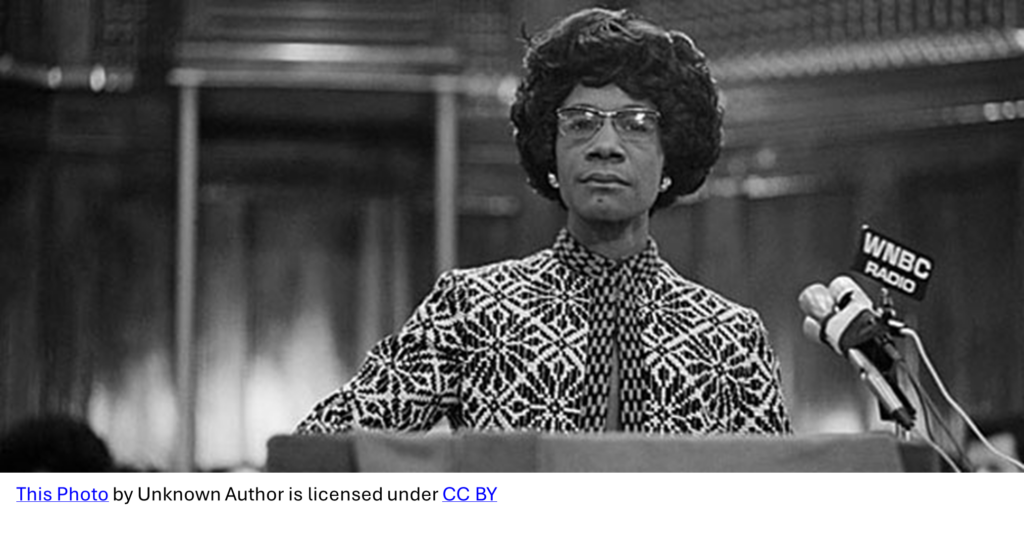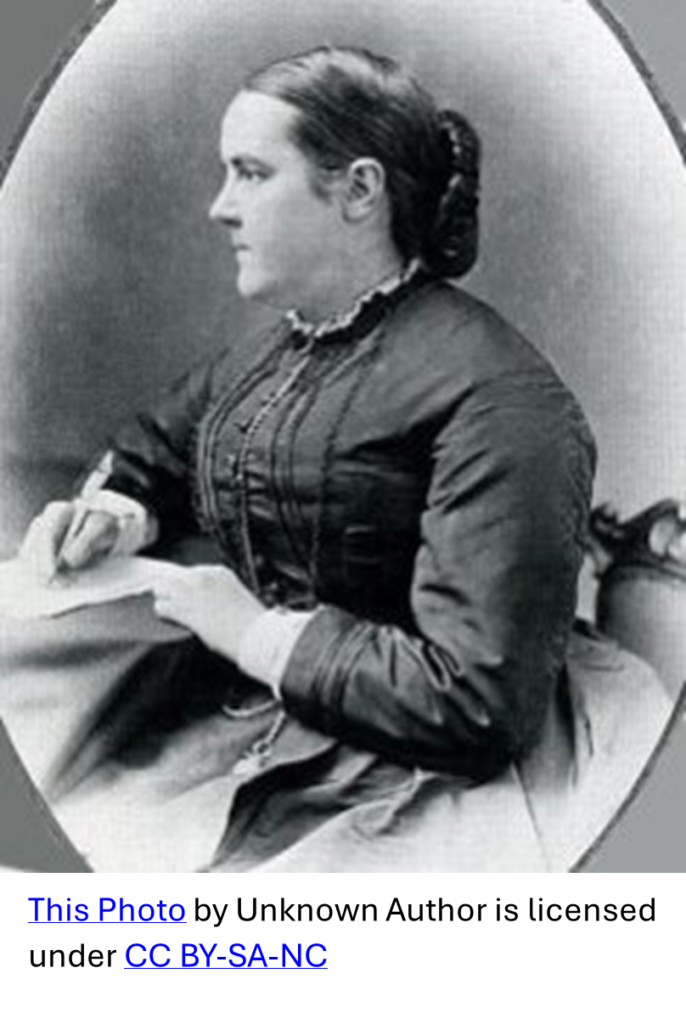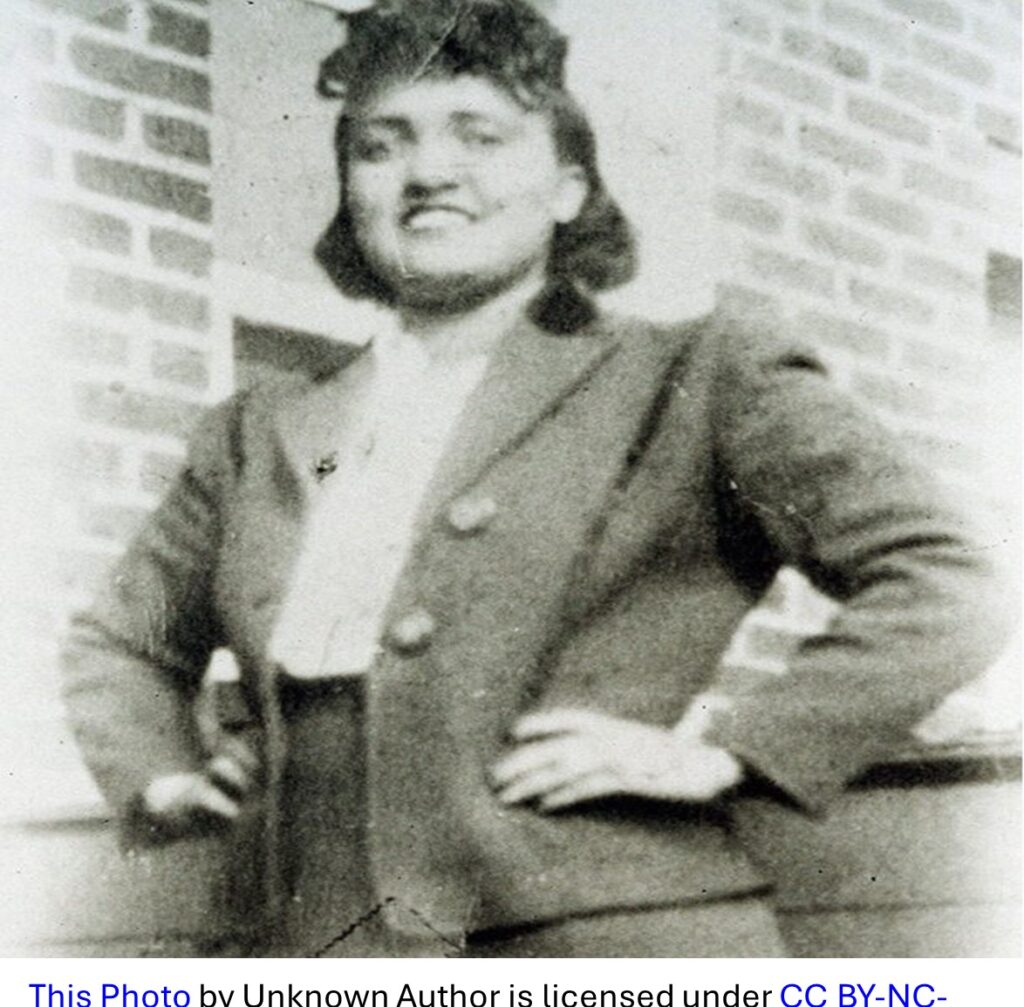
Image from the national women’s history alliance
The National Women’s History Alliance has designated the International Women’s Day 2024 theme as a celebration of “Women Who Advocate for Equity, Diversity and Inclusion.” This theme recognises women who understand the need to eliminate bias and discrimination from individuals’ lives and institutions.

Notable women throughout history include Rosa Parks who helped initiate the civil rights movement in the United States. “You must never be fearful about what you are doing when it is right.” – Rosa Parks (1913-2005), civil rights activist.
Shirley Chisholm was the first black woman to hold a position in the United States Congress in 1968. “If they don’t give you a seat at the table, bring in a folding chair.” – Shirley Chisholm 1924-2005


In the mid-19th century, Sophia Jex-Blake was unable to earn her medical degree due to barriers in the system that discriminated against her gender. To overcome this, she established her own school of medicine. Founded in 1874, the London School of Medicine for Women was the first and only place a woman could earn a medical degree in the UK for many years. Between 1874-1911, the number of women doctors in the country increased from 2-495. She also established a hospital in Edinburgh providing women doctors with jobs and women patients with high-quality care for 80 years.

Henrietta Lacks was a Black woman whose cancer cells were taken without her consent. These cells are the source of the Hela cell line, one of the most important cell lines in medical research. In October 2021, Henrietta Lacks was recognised by the WHO, “In honouring Henrietta Lacks, WHO acknowledges the importance of reckoning with past scientific injustices and advancing racial equity in health and science. It’s also an opportunity to recognise women – particularly women of colour – who have made incredible but often unseen contributions to medical science.”
Henrietta Lacks | Source of HeLa cells taken without consent | New Scientist